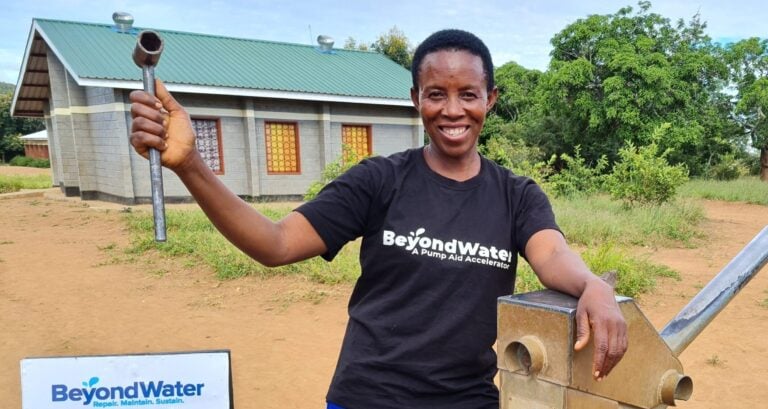Water Access and Education: Insights from Princeton University Students
Access to clean water is fundamental to the health, education, and economic well-being of Malawian communities. In this blog post, students from Princeton University Economic Development Organisation investigate the far-reaching impacts of water access on various aspects of life in Malawi. From improving agricultural productivity to enhancing educational outcomes and reducing the prevalence of waterborne diseases, the benefits of reliable water access are profound.
The Importance of Water Access for National Development
Water access is a core aspect of a nation’s development. Without access to this basic resource, individuals’ health and educational experiences are adversely impacted. Unfortunately, in Malawi, approximately 4 million people still do not have access to safe drinking water. The water inaccessibility has both health and educational implications for affected communities. The health implications of water inaccessibility are significant, costing Malawi over US$ 57 million per year in hygiene-related issues. Moreover, the issues of health and education are further connected, as poor health inhibits students’ ability to further their education. The overlapping nature of these factors reaffirms the importance of increasing clean water availability throughout the country.
Water Access and Its Influence on Education
Assessing the influence of water availability on the structure and practices of Malawi’s educational system further reveals why access to this resource is so crucial. Water inaccessibility requires individuals to exert an increased amount of effort to gain the resource. These processes can often be time-consuming, as individuals must transport water from one location to another. This then can also affect the number of available hours to allocate for studying. A substantial population of people stop going to school at a basic level which can make it difficult for individuals to continue their educational process later in life.
Most people attributed poverty as the reason why they did not complete school. Thus, the lack of socioeconomic resources is the primary motivation for the negative educational trends the country faces. Improved water access would contribute to poverty alleviation, as it would allow people to have more time to dedicate to earning financial resources. Considering poverty as a primary reason why students do not complete school, greater access to clean water would be a pivotal step forward in helping learners continue their educational journeys.
Water inaccessibility can affect the health and well-being of students. Water might sometimes be extracted from unsafe sources, leaving its consumers susceptible to diseases such as cholera and polio. When facing serious health issues, students’ capability to learn is further inhibited. Hence, access to safe water is a fundamental step to guaranteeing students’ education.
Pump Aid’s Impact on Water Access and Education
At Pump Aid, we are dedicated to improving water access and education across Malawi. By installing reliable water pumps and providing training for local communities on maintaining these systems, we help ensure a sustainable supply of clean water. This, in turn, allows students to focus on their education without the burden of long and often unsafe journeys to collect water. Our initiatives not only improve health outcomes but also create an environment where educational success is more attainable.
Reliable access to clean water is essential for the health and educational success of Malawian communities. The insights provided by Princeton University Economic Development Organisation highlight the profound impact that improved water infrastructure can have. Through Pump Aid’s initiatives, we are working towards a future where every Malawian has access to the water they need to thrive, ensuring better health, greater educational attainment, and enhanced economic well-being.
Learn more about how Pump Aid support water access and education in Malawi by signing up to our newsletter.







